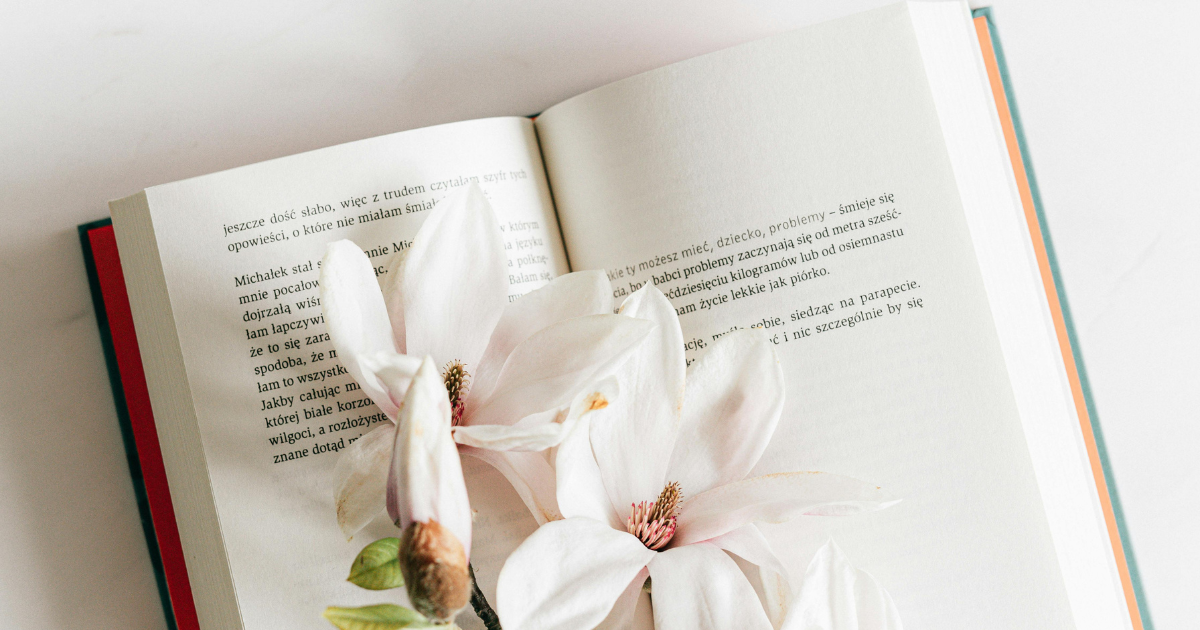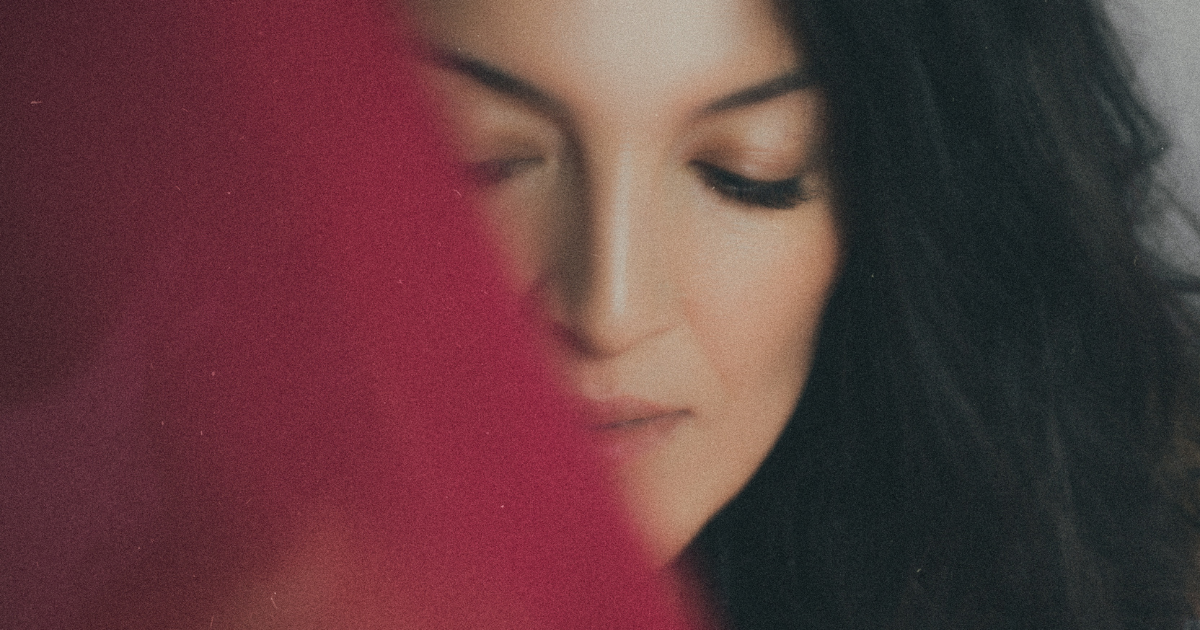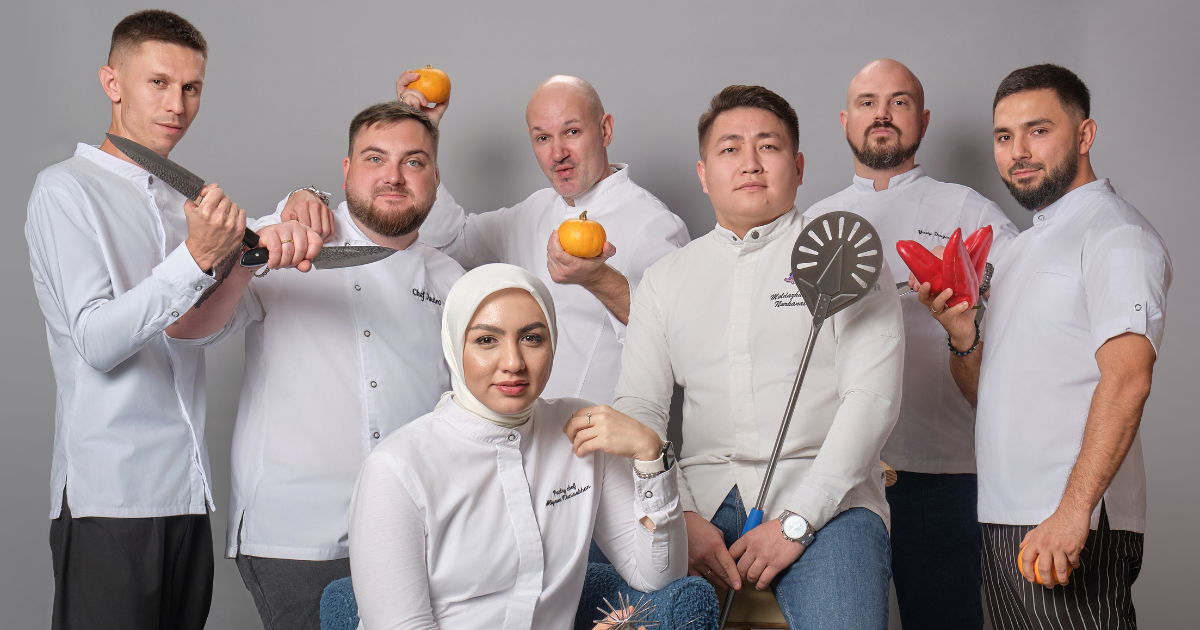ZenGxrl
On her vision for the future of electronic music in Uzbekistan
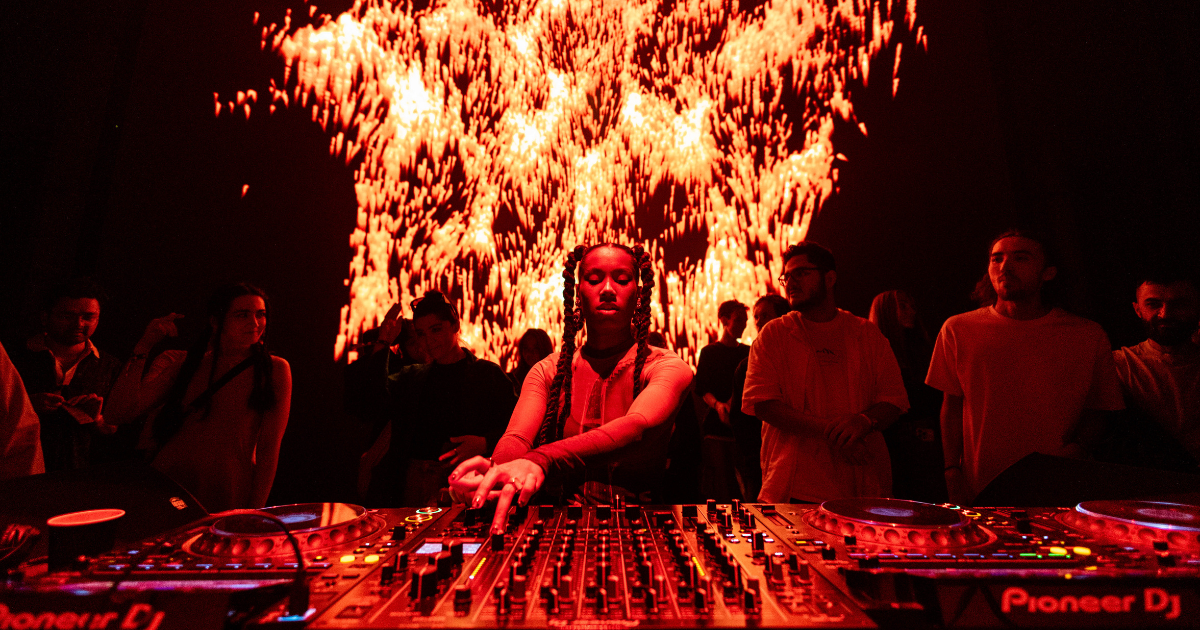
Blending worlds and bridging genres such as batida, baile funk, house, amapiano, and other electronic styles, ZenGxrl channels raw emotion and lets energy flow through her music.
Hailing from the outskirts of Lisbon, she grew up immersed in an eclectic musical environment while staying deeply connected to her Angolan roots. Passionate about exploring the intersections of sound and culture, her dynamic DJ sets push boundaries and blur genre lines. By championing a diverse array of artists, she actively fosters inclusivity and cultural exchange through her work.
ZenGxrl is making waves across Europe with her compelling DJ performances, effortlessly connecting with audiences from various backgrounds. Bringing fresh energy to underground music scenes in cities like London, Paris, Berlin, Madrid, and Milan, she’s quickly becoming a sought-after name in electronic music. ELLE O’zbekiston sat down with ZenGxrl to discuss her career, her first performance in Uzbekistan, and her professional insights into the country’s burgeoning electronic music scene.
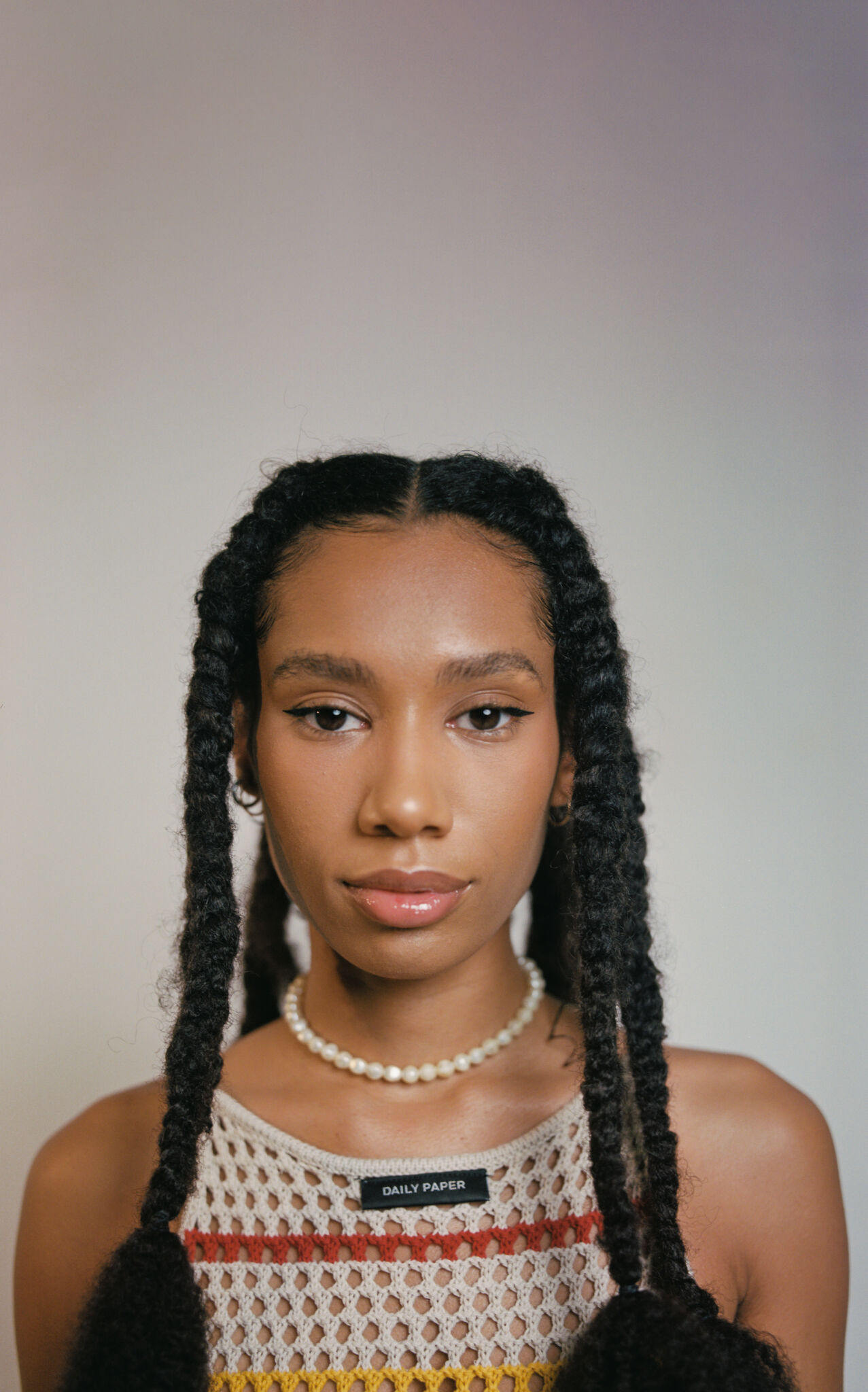
Have you ever been to Central Asia? What were your expectations, and what did you experience during the Sublimation Festival?
I had never been to Central Asia before, so I didn’t set any expectations. I believe it’s better to fully experience a new place and culture without preconceptions. That said, I was pleasantly surprised during the festival. The people were so welcoming that I immediately felt at home.
I loved how the crowd danced to everything I played—it was clear they just wanted to have fun and enjoy music without boundaries. Initially, I was nervous because I wasn’t sure what kind of music would resonate with the audience. But once I started playing, it became obvious that it didn’t matter. They were simply there to vibe, dance, and have a great time, which made the experience incredibly special for me. Uzbekistan truly surprised me in the best way.
I had an amazing time at the Sublimation Festival—it’s a beautiful and pioneering movement, and I’m so grateful to have been a part of it. Whether it was the crowd, the organizers, or just the incredible energy in the air, the entire experience was unforgettable.
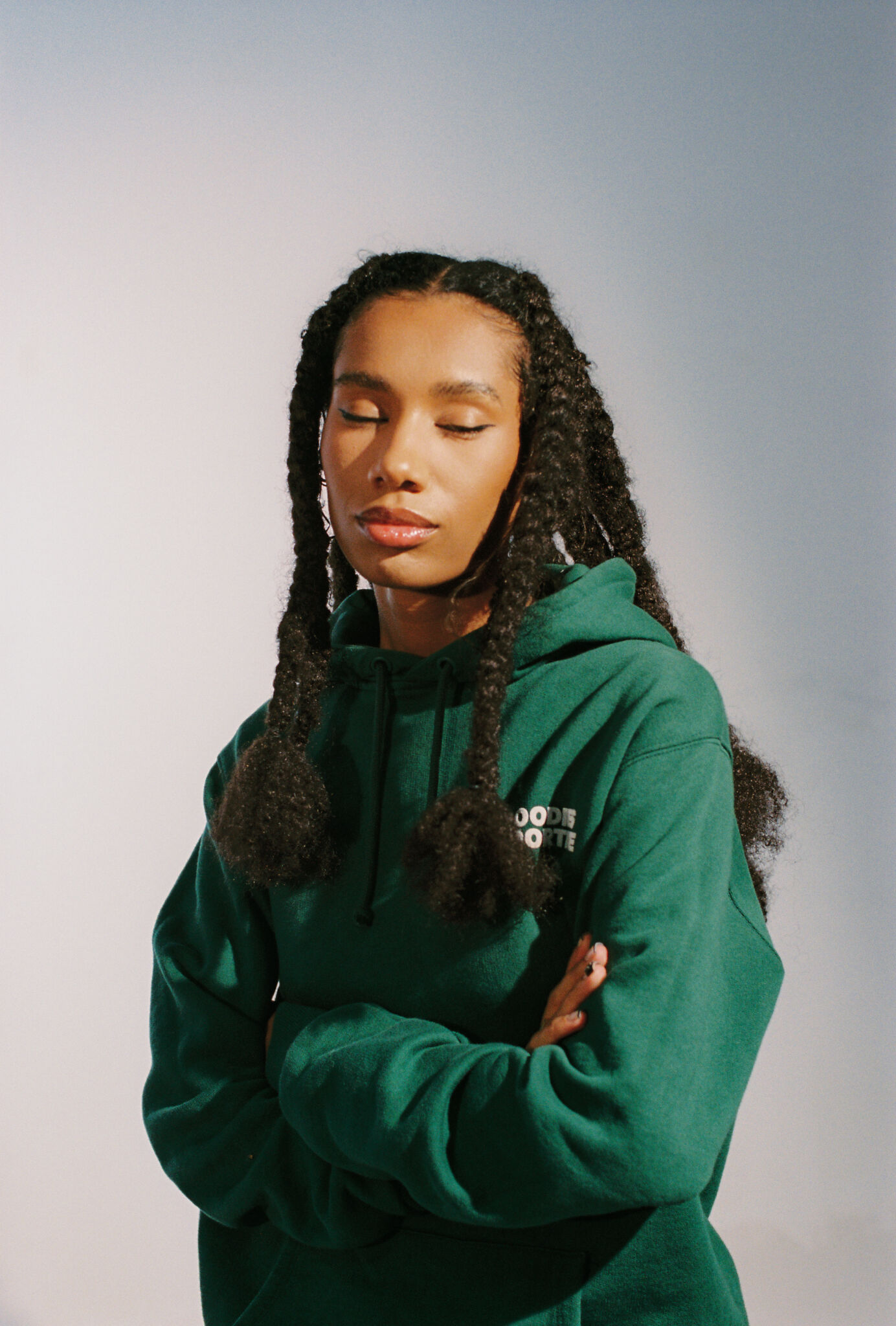
How long have you been working as a DJ? Do you still play the same style as when you started?
I’ve been a DJ for three years, and it's been a constant evolution. As a person, I feel different every day, so I don’t play the same way or with the same style as when I started. What has stayed the same is the values and passion I have for it.
When I first started, I was influenced by the trap and electronic music scene in Lisbon, especially after discovering artists like Hannah Faith, Kaytranada, and collectives like Soulection. My inspirations were always rooted in exploring different genres. As time went on and I gained more experience, I began to develop the tools to translate what I had in my head into my sets.
I started blending my heritage into my music, incorporating styles like kuduro and semba instrumentals with house music or jersey club. Now, I feel like the way I play has become more intentional. I build my sets with a clearer sense of narrative; it’s about the mood, intensity, or even specific instruments.
I also play a wider range of electronic music, finding fun ways to mix styles that might seem unexpected for both me and the listener—like combining tech house with batida or afro-tech with jersey club.
I want both myself and the crowd to feel connected and to have an unforgettable time. So, while my style has evolved, the vibe I go for in my sets hasn’t changed. It’s still about following the vibes and creating a unique experience for everyone on the dance floor.
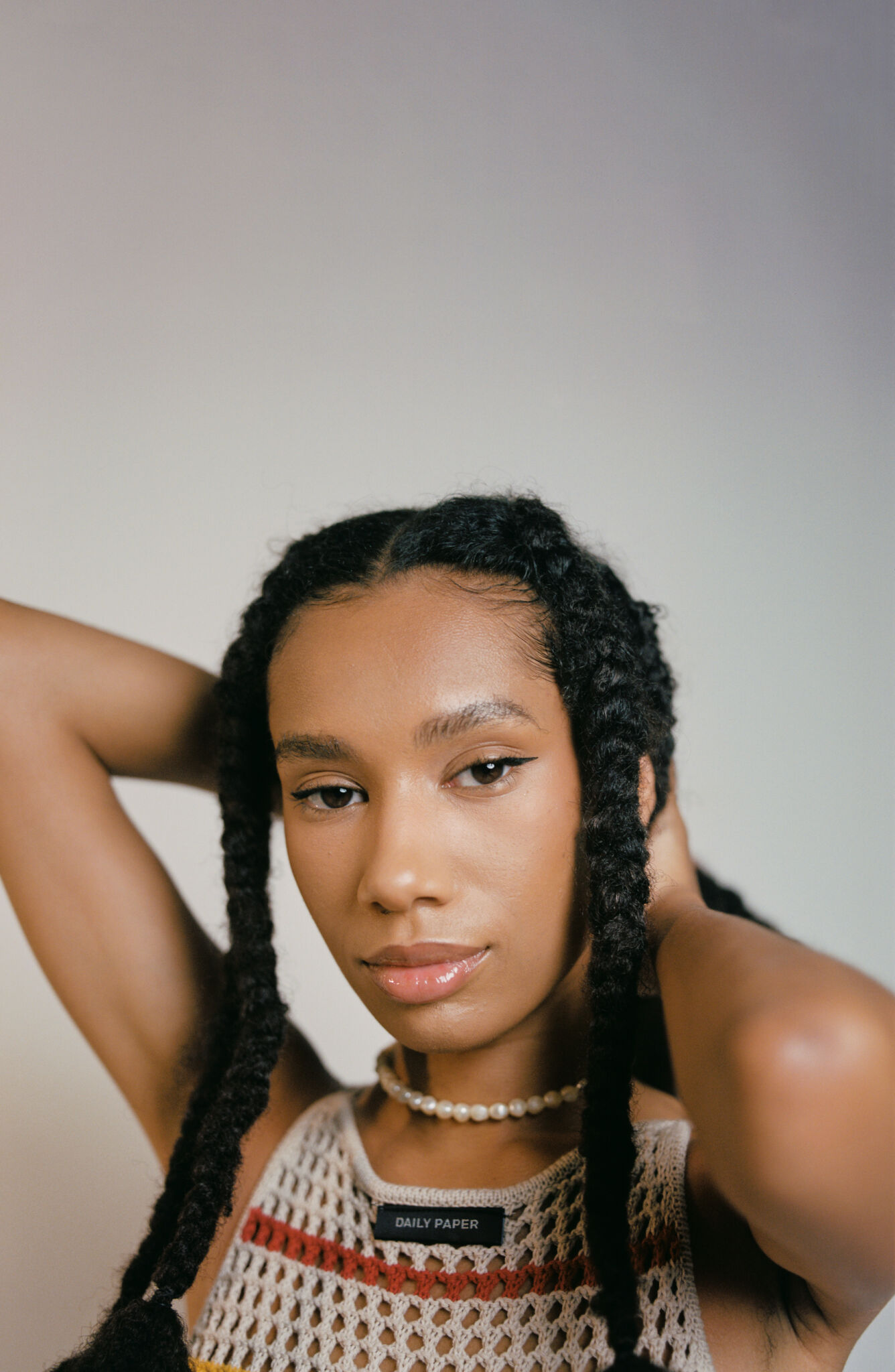
What is more important for DJs: musical education or experience?
For me, music is all about learning and exchanging experiences. Musical education is, of course, important, and I’m lucky enough to have had access to it at some point in my life. However, I feel that experience is where and how I feel the most rewarded because it encompasses the human and personal aspects of music.
Experience isn’t just about trial and error—it’s also about how someone embraces the moments of their life. Interactions with people, books, travel, movies, and even food all contribute. For instance, trying pilaf in Uzbekistan was not just a culinary experience but something that expanded my cultural perspective.
Matas Petrikas says in his book, “We are like a medium that transforms our memories and emotions into sounds.” This resonates with me deeply because what makes an artist unique is their personal experiences.
Engaging with different crowds teaches you how to read their energy and how to make your set relatable to them. Similarly, every interaction and experience you have shaped the way you feel, and that, in turn, affects how you play. Ultimately, it’s the combination of both musical education and experience that helps a DJ grow and evolve in their craft.
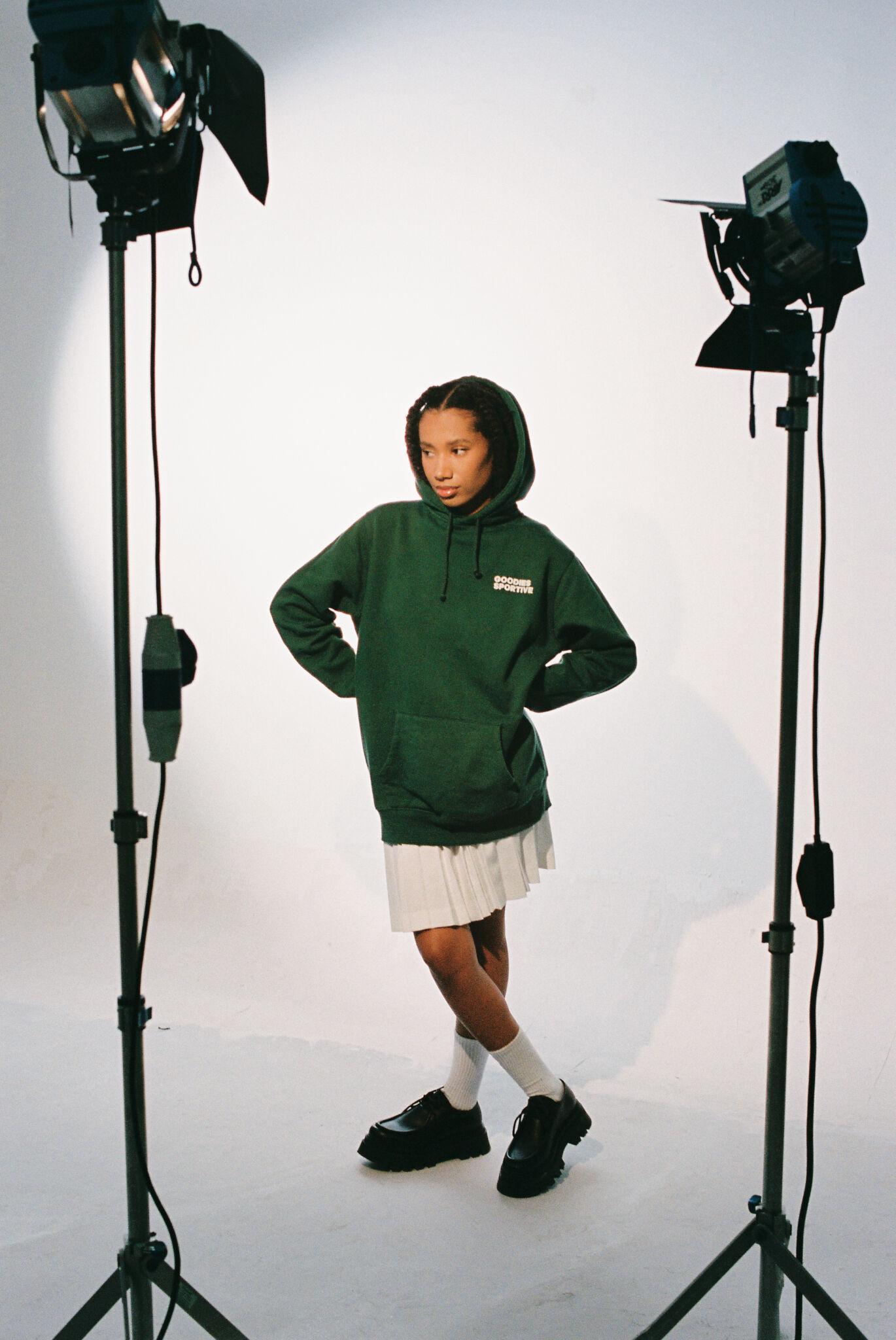
What do you think about the electronic music industry in Central Asia? Do you believe in its future?
I believe all music comes from a place of manifestation, and electronic music in Central Asia is no exception. There’s a desire among people here to produce and engage with music in its purest form.
After hearing a few artists from the festival and learning more about traditional music and its history, I found it inspiring to see how artists are blending traditional music and instruments with electronic sounds. It’s a beautiful synergy that speaks to the richness of both cultures.
I noticed a strong curiosity about Portugal among people I met in Uzbekistan. Just as I had never visited Uzbekistan before, many of them hadn’t experienced Portugal either. Music became a bridge between our cultures, fostering understanding and exchange.
I’m excited to stay updated on Uzbekistan’s electronic music scene. It’s also encouraging to see so many women involved in movements like the Sublimation Festival—a notable change compared to just a few years ago. Representation is vital for the growth and diversity of the industry, and it highlights the exciting potential for the future of electronic music in Central Asia.
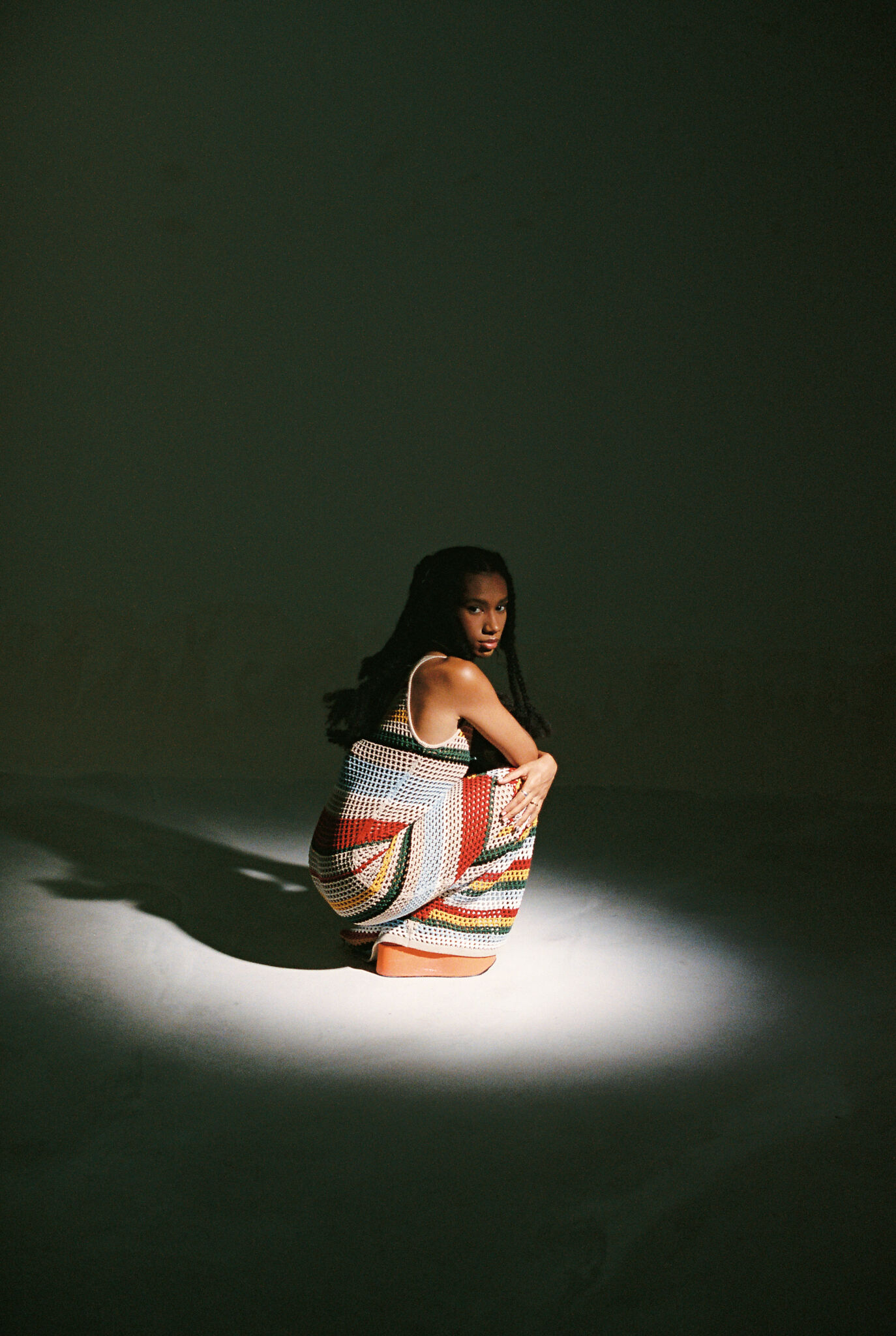
Photo credits:
Shot by @WideBoy
Studio @shotandcutfilms
Gaffer @ricardomsl
Hair and makeup @ZenGxrl
Wearing a Daily Paper dress and ESC Shoes
Wearing Goodies Sportive and Lacoste
